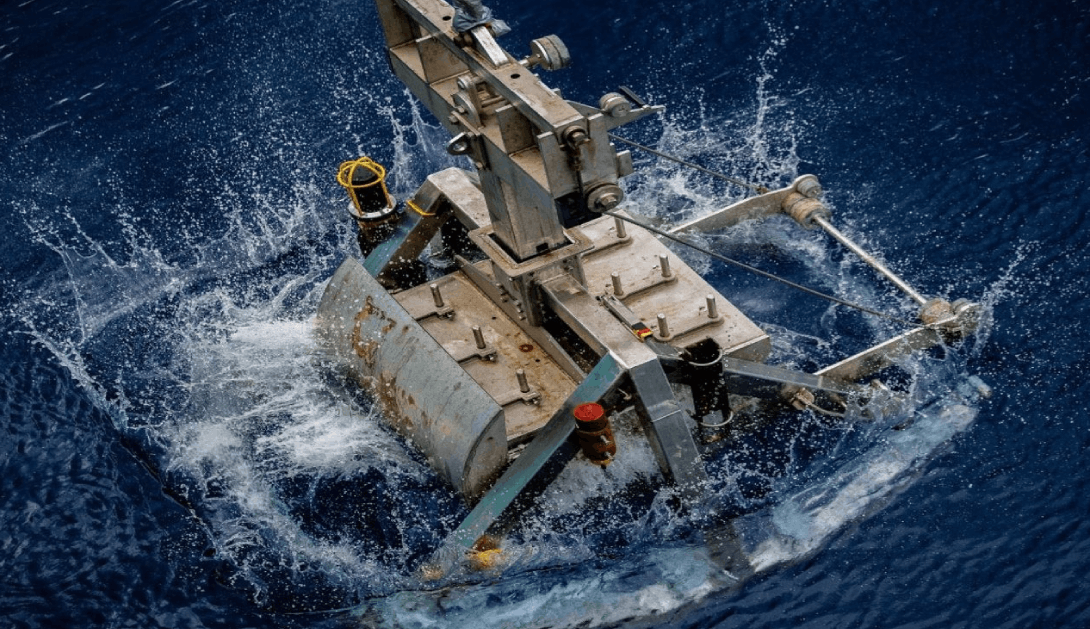Moratorium on underwater mining, in July 2024, States will begin to debate in Jamaica the legal mechanisms to stop this speculative industry before it begins to destroy the seabed. The main Spanish environmental organizations ask the Government for Spain to assume a leading role in the defense of the oceans.
The industry of underwater mining threatens the health, and perhaps the very existence, of deep ocean communities. It would destroy the physical structures of the seabed and the ecosystems they support, raise columns of sediment that would suffocate organisms, alter ocean chemistry for many kilometers and generate noise pollution in the silent deep ocean.
Friends of the Earth, Ecologists in Action, Greenpeace, SEO/BirdLife and WWF, together with the international Deep Sea Conservation Coalition, have addressed the third vice president of the Government and minister for the Ecological Transition and the Demographic Challenge, Teresa Ribera, to place among the priorities of the Spanish international environmental agenda in 2024 to achieve a moratorium on underwater mining.
Environmental organizations warn that this year will be key, as the Assembly of the International Seabed Authority (ISA), which must meet in Kingston, Jamaica, at the end of July, is scheduled to begin debate for the first time the adoption of a moratorium on underwater mining.
Jamaica to host summit to discuss possible moratorium on underwater mining
“Agreeing on this moratorium is essential, as some countries are trying to force the approval of an exploitation regulation in 2025, which would make it very difficult to prevent the granting of contracts, widening the seabed to unprecedented destruction. ”declare the organizations.
Although Spain is among the 24 States that have taken a step forward defending a moratoriumenvironmental and conservation organizations consider that coordination between ministries must be improved and that the Spanish delegation must be more forceful in the next sessions of the ISA.
Therefore, they demand leadership to prevent the adoption of a mining code from being forced and achieve a moratoriumwhich would be a victory for the ocean and future generations.
For environmental organizations, this industry is a red line that should not be crossed, a position that has also been expressed by the UN Human Rights Commissioner, the scientific community, civil society, the fishing sector and numerous companies in the energy and automotive sectors. or technological, potential consumers of the minerals targeted by this activity.
The underwater mining It is an activity with enormous potential impacts, including the disruption of the largest carbon sink on the planet, the release of greenhouse gases, the toxic effects of sediment plumes on the food chain and the irreversible destruction of marine biodiversity, in many cases in little explored and very sensitive habitats, which host unique biological communities.

